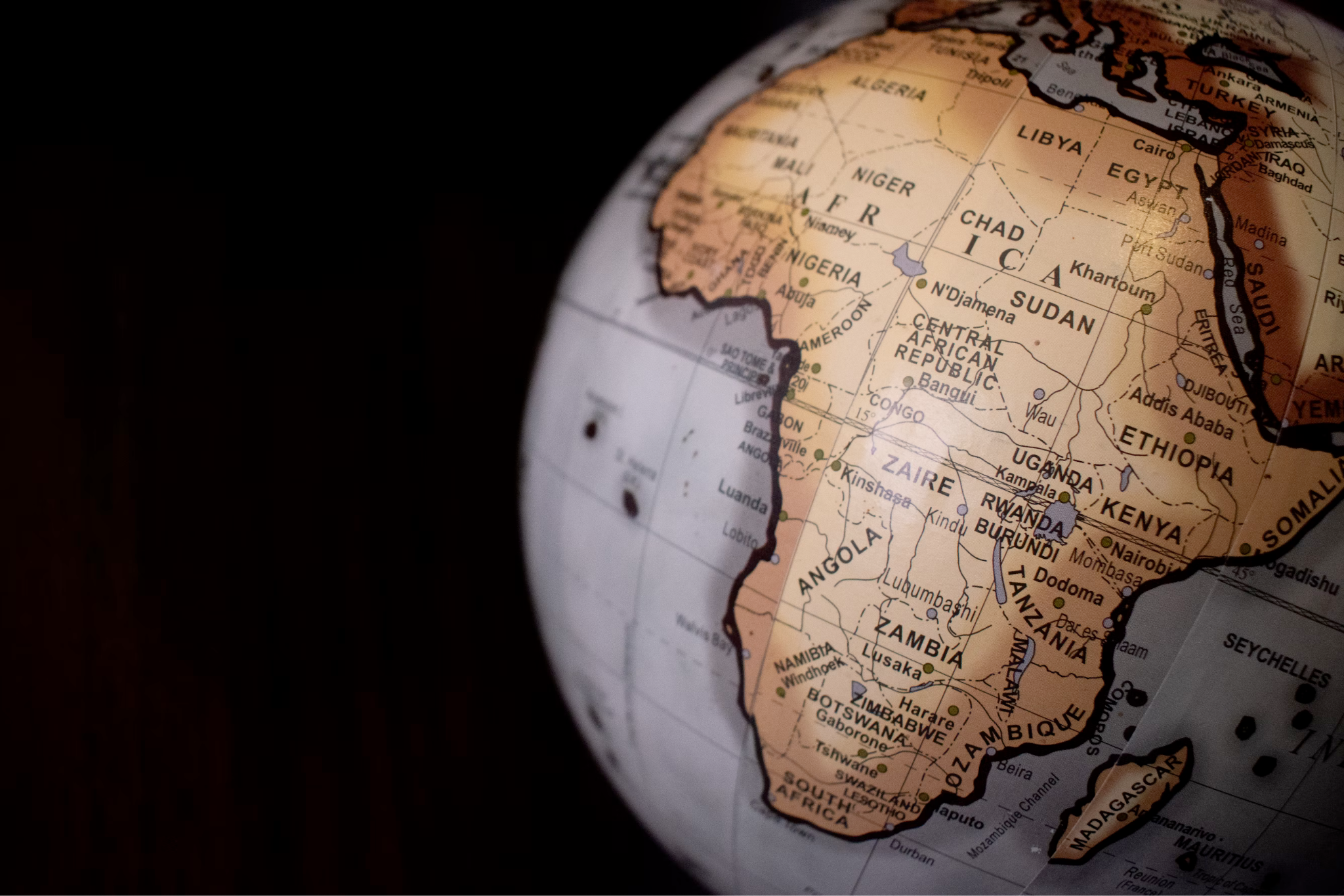Blockchain technology is expanding rapidly across the African continent, creating new opportunities that go beyond cryptocurrency trading. From digital payments to agriculture, supply chain management, and cultural preservation, blockchain adoption is changing how African economies and communities interact with financial technology.
A rising number of startups are developing practical applications for this technology, attracting local and international investors looking to support innovation in one of the world’s fastest-growing digital markets.
One area where blockchain adoption has shown a lot of promise is in the online entertainment and gaming sector. Platforms are increasingly prioritizing user security and streamlined identity protection. Blockchain-enabled systems are providing this safer access. For example, casinos with Inclave login use blockchain-driven authentication to improve security and privacy, allowing uninterrupted and protected account access.
These kinds of implementations show how blockchain can make online experiences more trustworthy while appealing to a wide audience, even in remote areas of Africa.
According to the Africa Blockchain Report 2024, compiled by Absa Corporate and Investment Banking in collaboration with Crypto Valley Venture Capital, blockchain startups secured more than $120 million in funding last year, which represents 7% of all African venture capital raised.
Seed rounds made up the largest portion of these investments, showing growing confidence in early projects that target real-world problems. Nigeria, Kenya, Ghana, South Africa, and the Seychelles were highlighted as hotspots for development, with funding applications including the finance, logistics, and data verification sectors.
Blockchain has become especially valuable in Nigeria to tackle financial inclusion. The country has high inflation and a large unbanked population, and digital currencies and peer-to-peer blockchain platforms are giving citizens access to secure money transfers and savings options. Nigeria has already rolled out its own central bank digital currency, the eNaira, to support efficient payments.
In Ghana and Tanzania, central bank digital currency pilots are also underway. These explore how blockchain-related financial products can improve trade and remove the reliance on expensive intermediaries.
But, blockchain is not just confined to financial services. It is being used in agriculture to improve supply chain transparency. Produce can be tracked from farm to market, and the technology ensures authenticity and gives farmers better prices by proving origin and quality. Blockchain platforms are also assisting with land ownership records, crop insurance, and credit access for farmers who have traditionally been excluded from banking systems.
Artists in Nigeria and Kenta are using blockchain and NFTs to authenticate and sell art, which brings visibility to Afircan artists while creating new revenue streams.
Governments are also exploring blockchain for governance and elections. Adoption is still in its early stages, but pilot projects in Sierra Leone have tested blockchain-backed voting systems that will improve transparency and reduce disputes. Across the continent, enterprises are integrating blockchain to track carbon emissions and cross-border logistics.
International investors are taking note of Africa’s potential, and blockchain’s role is becoming central to conversations around economic development in the region. The continent still faces challenges as regulations are being developed, but the growing confidence in blockchain’s ability to solve real-world problems show it has a promising future.
